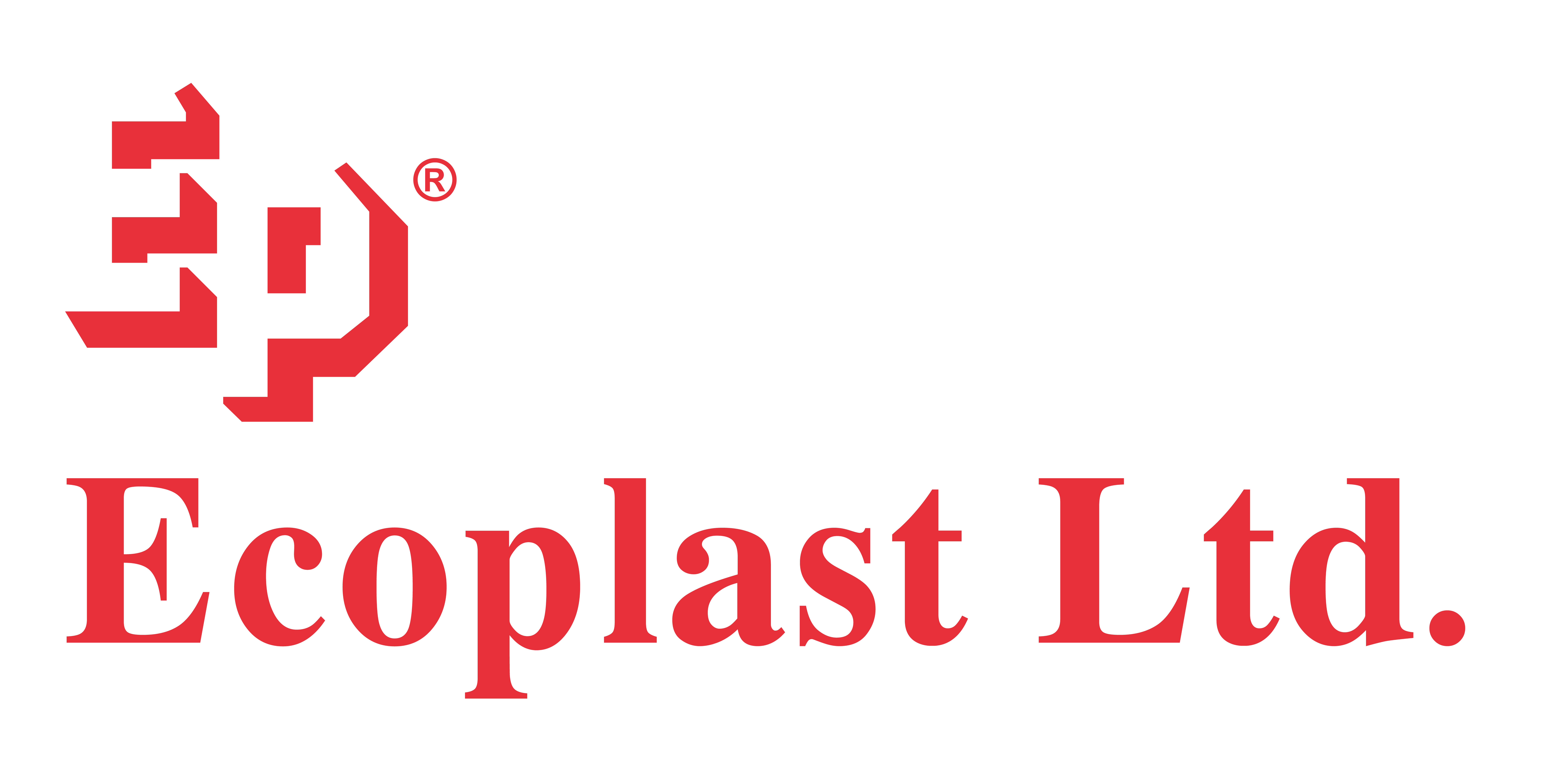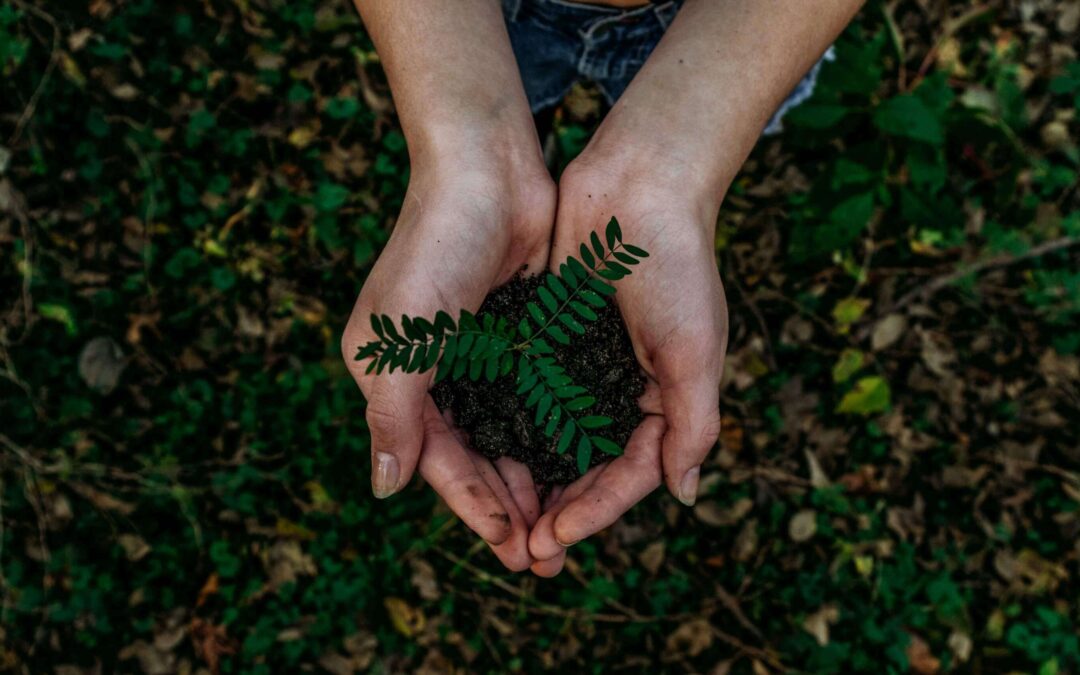All You Need To Know About Post-consumer Recycled PE Films
The packaging industry has seen many new trends and technologies over the last few years; some stayed, some evolved for the better, and a few faded with time. Flexible packaging is one of the biggest innovations of the industry so far; one that is evolving with every passing day, efficiently serving the dynamic demands of today’s manufacturers and consumers. Above all else, consumers now look for two things in a product – multi-functionality and sustainability.
Flexible packaging has opened up many new avenues in terms of sustainability. The innovative solutions that the industry has to offer revolve around the needs of manufacturers and end users – be it in terms of enhanced protection or eco-friendly measures. When it comes to sustainable packaging, the leading ones on the list are compostable and recyclable packaging, with PCR plastic packaging following closely behind. What’s impressive is that it is speedily catching pace with the former two. Although fairly new, PCR plastic recycling is all set to outpace them in the near future.
Let’s learn more about this new-age packaging, starting with – what is PCR plastic; then moving on the many benefits of Post-consumer Recycled PE Films.
What Is Post-consumer Recycled PE Film?
Modern-day lifestyles often involve us buying things to satisfy our everyday needs and wants. The rise of E-commerce has made it all the more convenient for us to buy things online, leading to a number of boxes and bags stacked on top of each other in our garbage bins. Each delivery only adds to more wastage of all kinds – paper, cardboard, aluminum, and worse of all, plastic. However, there is now a way to transform discarded plastic packages into brand new ones that can be reused time and again. This brings us to the fascinating phenomenon called Post-consumer recycled PE films.
Post-consumer recycled plastic is created when other packaging products, thrown away by consumers, are reprocessed. The packages can be easily recycled and put to good use, all over again; for example, the cosmetic product bottles can be recycled to create new ones of the same kind. This keeps the plastic from settling into the ocean or making a permanent home in the landfills. If implemented correctly, PCR plastic recycling can create a brilliant loop that contributes to less wastage.
The process is as simple as it gets. Abandoned packaging is usually collected by local authorities or associations that are in charge of waste management. This material is then sent in bulk to the recycling facilities. There, it is often melted and moulded into new packages or even quality packaging films. The features of PCR films compete well with those of the features of common PET films. PCR films are incredibly durable, and are known to offer excellent protection against moisture and other harmful particles in the air. They provide great tensile and high impact strength as well.
The next grand question is – what is the actual difference between compostable packaging and post-consumer recycled plastic packaging? Packages that have the ability to completely break down in a compost environment, leaving no toxic element behind fall under the category of compostable packaging. For the disintegration to happen, the type of plastic had to be biodegradable in the first place. On the other hand, PCR packaging involves the creation of films using recycled packing materials. Why is PCR gaining popularity? It helps companies with keeping their promise of sustainability made to consumers who are all for eco-friendly solutions.
Features & Benefits of Post-consumer Recycled (PCR) Plastic
Given that no natural resources are used in the production of PCR plastic films, they make for durable solutions that are also nature-friendly and cost-effective – all at the same time. As there are fewer steps involved in the creation of the PCR films, the use of energy, water and fossil fuels is relatively less as compared to regular plastic films. This keeps the environment safe from excess wastage and pollution, contributing significantly to reducing the carbon footprint that is generally left behind after the production of regular plastic packaging products.
There are a number of industries that are now moving towards PCR packaging, to name a few – pharmaceuticals, healthcare and hygiene, cosmetics, instant food, dairy products, and such. sports nutrition. This warm welcome is primarily because manufacturers can provide consumers with durable packaging, all while ticking the sustainability box in the process. This makes their products all the more appealing to nature-loving consumers. They can be developed into lay flat pouches, stand up pouches, lay flat punches and roll stock with ease.
Moreover, much like the regular PE films, PCR packaging films bring a host of benefits to the table, including enhanced protection and barrier performance. They also work wonders when it comes to keeping the product and its packaging well-protected against the oxygen, moisture and other threatening elements. To sum up, here are some of the direct and indirect benefits:
1. Environment preservation along with consumer satisfaction
2. Reduction in companies’ carbon footprints
3. Consumer waste transformed into functional packaging products
4. Less load on landfill and plastic pollution in oceans
5. Less use of water, energy and fossil fuel consumption
6. Easy for brands to respect regulations related to product sustainability
7. Can be recycled after use creating an effective wastage reduction loop
8. PCR films are eco-friendly, effective and economical – all at the same time
Ecoplast India, Best Packaging Films Suppliers
With years of experience that has shaped our expertise, we are one of the most trusted and innovative suppliers of Multilayer and Speciality Polyethylene Films, including the ones produced from PCR plastic recycling. Ecoplast is home to tailored flexible packaging solutions – all designed in a way that ensures product protection.
We provide multilayer co-extruded polyethylene and co-polymer films to the flexible packaging industry as well as a variety of other specialty applications around the world. We also hold expertise in designing and manufacturing Surface Protective Films that guard products such as steel, aluminum panels / profiles, carpets, tiles, glass, and all kinds of substrates from dust, scratches and other environmental impacts. Here are our offerings:
-EcoGen™ (Lamination Films)
-EcoProtect™ (Surface Protection Films)
-EcoBond™ (Adhesive Films)
–EcoPrime™ (Speciality Films)
If you have bene in search of premium protection for your products via flexible packaging, contact us at: +91-22-2683 3452 / +91-22-2683 1403, or drop an email at: [email protected]


Recent Comments